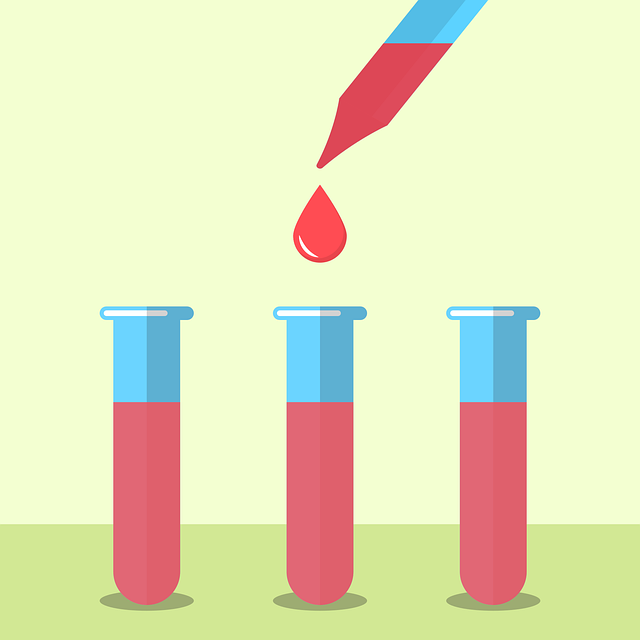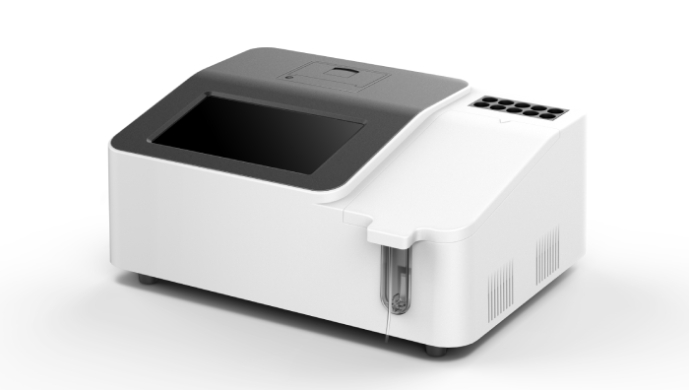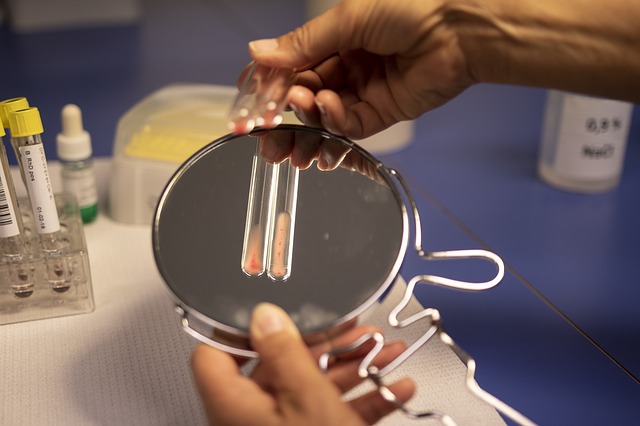The clinical laboratory is used for biochemical, immunological, microbiological and other tests. It is responsible for testing and assaying samples sent from various departments of the hospital.
The clinical laboratory is home to a wide range of small, medium and large medical laboratory instruments. For example, haematology analysers, semi-automatic blood glucose meters, haematospectrometers, microscopes, benchtop centrifuges, thermostatic water tanks, analytical scales, automatic enzyme markers, automatic plate washers, shakers, centrifuges, thermostatic water tanks, urine analysers, automatic biochemists, semi-automatic biochemists, electrolyte analysers, blood gas analysers, electrophoresis machines, etc.
In vitro diagnostics can be divided into clinical laboratory in vitro diagnostics and POCT (point of care testing) according to the environmental conditions of the test. According to whether the instrument and reagents are separated, IVD equipment can be divided into open systems and closed systems (depending on whether they can be used with reagents from other manufacturers).
According to the principle and method of testing, IVD can be divided into biochemical tests, immunoassays, molecular tests, blood and body fluid diagnostics, and microbiological tests.

1. Biochemical tests
Biochemical testing is based on biochemical reactions. It mainly uses techniques: latex-enhanced immunoturbidimetric techniques, enzyme cycling and other techniques. Biochemical testing focuses on high concentration chemical testing of high samples. For example, sugars, lipids, proteins, liver function, kidney function, etc. Biochemical tests are also very common in hospitals. Biochemical tests require low precision, a wide linear range and low technical barriers to reagents.
2. Immunoassay
The basic principle of immunoassay is the antigen-antibody immune reaction. It can detect tumour markers, infectious diseases, hormones, blood group identification, etc. Immunoassays focus more on the detection of trace substances than biochemical tests. The techniques commonly used in immunoassays are colloidal gold, radioimmunoassay, enzyme-linked immunoassay, time-resolved fluorescence, fluorescence immunoassay and chemiluminescence.
3. Molecular testing
The basic principle of molecular testing is to apply molecular biology methods to detect changes in the structure or expression levels of genetic material in the patient's body
Molecular testing can be used for hepatitis, sexually transmitted diseases, eugenics, genetic disorders, tumours and other tests. It focuses more on the detection of genes and molecules in the sample. The main diagnostic techniques for molecular testing are FISH, PCR, gene sequencing techniques and gene chip technology.
4. Blood and body fluid testing
Blood and body fluid testing focuses on blood cells, haemostasis, urine, pleural fluid and pleural effusion. It can detect various blood, neurological, digestive and reproductive system diseases.
5. Microbiological testing
Microbiological testing can provide data for the prevention, diagnosis, treatment and observation of the efficacy of clinical infectious diseases through pathogenic diagnosis and drug sensitivity analysis.
These are the differences between biochemical tests, immunoassays, molecular tests, blood and body fluid diagnostics and microbiological tests in in vitro diagnostics. Depending on the test sample and the purpose of the test, doctors will vary the test methods and testing equipment.



